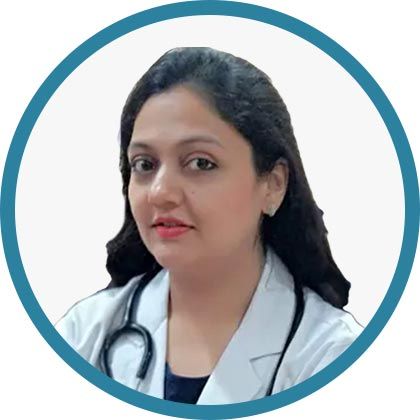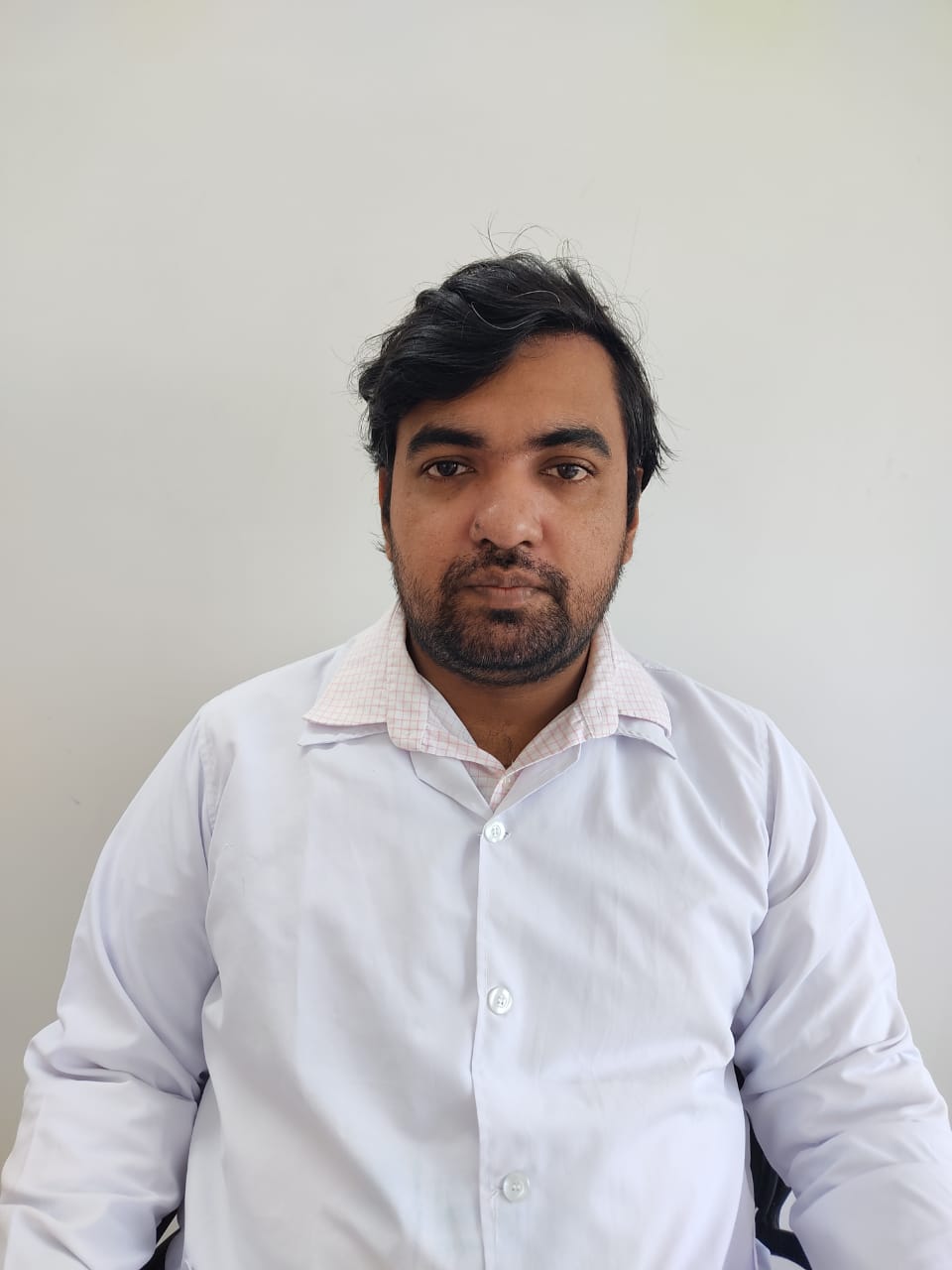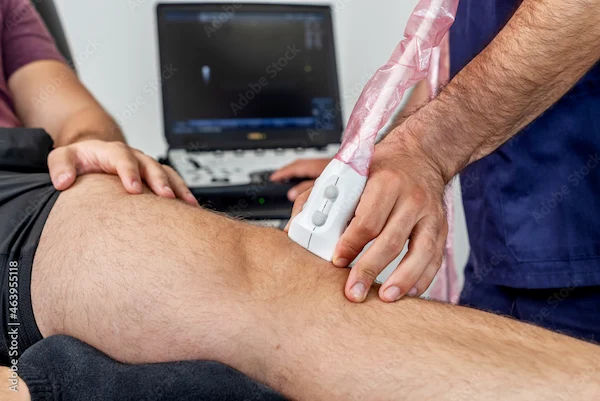Respiratory Syncytial Virus: Symptoms and Treatment
Learn about Respiratory Syncytial Virus (RSV), its common symptoms, how it spreads, and who is most at risk. Explore available treatment options and effective prevention strategies.

Written by Dr. Vasanthasree Nair
Reviewed by Dr. Dhankecha Mayank Dineshbhai MBBS
Last updated on 25th Aug, 2025

Introduction
Respiratory Syncytial Virus (RSV) is a common respiratory virus that affects people of all ages, but it can be especially serious for infants, older adults, and those with weakened immune systems. While most cases are mild and resemble a common cold, RSV can sometimes lead to severe respiratory infections.
What is Respiratory Syncytial Virus (RSV)?
RSV is a virus that infects the lungs and breathing passages. It is highly contagious and spreads easily through coughs, sneezes, or touching contaminated surfaces. Most people recover within a week or two, but for some, RSV can cause serious complications like bronchiolitis (inflammation of small airways in the lungs) or pneumonia.
Common Symptoms of RSV
Symptoms usually appear 4–6 days after infection and can range from mild to severe. Common signs include:
Mild Symptoms (Similar to a Cold)
Runny or stuffy nose
Sneezing
Mild cough
Sore throat
Low-grade fever
Headache
Severe Symptoms (Requiring Medical Attention)
High fever
Wheezing or difficulty breathing
Rapid breathing
Bluish tint on lips or nails (due to lack of oxygen)
Extreme tiredness or irritability (especially in infants)
Note: Infants may show different symptoms, such as poor feeding, lethargy, or pauses in breathing (apnea).
Consult Top Specialists for Personalised Tips
Who is at Higher Risk?
While RSV can affect anyone, some groups are more vulnerable to severe illness:
Infants (especially premature babies)
Older adults (65+ years)
People with chronic lung or heart conditions
Individuals with weakened immune systems
If you or a loved one falls into these categories, extra precautions are necessary to prevent infection.
How Does RSV Spread?
RSV spreads through:
Airborne droplets (when an infected person coughs or sneezes)
Direct contact (touching an infected person and then your face)
Contaminated surfaces (doorknobs, toys, etc.)
The virus can survive on surfaces for several hours, making hand hygiene crucial.
Treatment for RSV
Since RSV is a virus, antibiotics won’t help. Treatment focuses on relieving symptoms and includes:
Home Care for Mild Cases
Stay hydrated: Drink plenty of fluids (water, warm soups, herbal teas).
Rest: Allow your body to recover.
Use a humidifier: Helps ease congestion.
Saline nasal drops: Useful for infants with stuffy noses.
Over-the-counter fever reducers: Like acetaminophen or ibuprofen (consult a doctor before giving to children).
Medical Treatment for Severe Cases
Hospitalisation (for severe breathing difficulties)
Oxygen therapy (if oxygen levels are low)
IV fluids (for dehydration)
Antiviral medications (in rare cases for high-risk patients)
How to Prevent RSV Infection?
Prevention is key, especially for high-risk individuals. Follow these steps:
1. Wash Hands Frequently
Use soap and water for at least 20 seconds.
Use hand sanitiser if soap isn’t available.
2. Avoid Close Contact with Sick People
Stay away from those with cold-like symptoms.
If you’re sick, cover coughs and sneezes with a tissue or elbow.
3. Keep Surfaces Clean
Disinfect frequently touched objects (phones, doorknobs, toys).
4. Avoid Smoking Around Children
Smoke exposure increases the risk of severe RSV.
5. Consider RSV Vaccination (for High-Risk Groups)
A new RSV vaccine is available for older adults (60+) and pregnant women (to protect newborns).
When to See a Doctor?
Seek medical help if you or your child experience:
Trouble breathing or fast breathing
High fever (above 100.4°F in infants, 103°F in adults)
Signs of dehydration (dry mouth, no tears when crying, little urine output)
Worsening cough or wheezing
If you suspect RSV in a high-risk individual, consult a doctor immediately.
Conclusion
RSV is a common but sometimes serious respiratory infection. While most people recover with rest and home care, infants, older adults, and those with chronic conditions need extra protection. Simple steps like handwashing, avoiding sick contacts, and keeping surfaces clean can help prevent infection.
If you or a loved one is at risk, consider speaking to a healthcare provider about preventive measures like the RSV vaccine. Book a consultation with an Apollo24|7 specialist today for personalised care and guidance.
Consult Top Specialists for Personalised Tips

Dr. Rajib Ghose
General Practitioner
25 Years • MBBS
East Midnapore
VIVEKANANDA SEBA SADAN, East Midnapore

Dr. Rajib Ghose
General Physician/ Internal Medicine Specialist
26 Years • MBBS
Kolkata
B Ghose Foundation Doctor's Chamber, Kolkata
(25+ Patients)

Dr. Rohinipriyanka Reddy
General Practitioner
9 Years • MBBS
Hyderabad
Apollo 24|7 Clinic, Hyderabad

Dr. Leeni Mehta
General Physician/ Internal Medicine Specialist
13 Years • MBBS, MD (Medicine), PGD (Clinical Endocrinology and Diabetes), RCP (UK,lONDON)
Bengaluru
Apollo Medical Center, Marathahalli, Bengaluru
(150+ Patients)

Dr. Mijanur Rahaman Mondal
General Practitioner
3 Years • MBBS
Kolkata
Dr Utsa Basu Clinic, Kolkata
(25+ Patients)
_0.webp)



